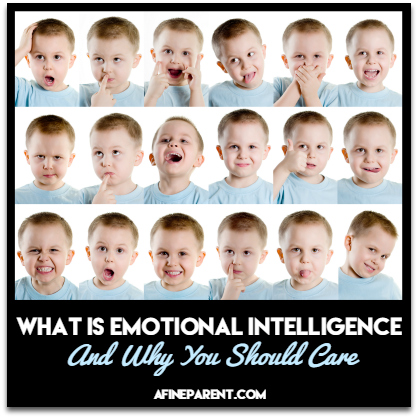 It’s there on your bucket list of great parenting – to raise a well-adjusted, successful child who will maximize his potential and flourish as an adult.
It’s there on your bucket list of great parenting – to raise a well-adjusted, successful child who will maximize his potential and flourish as an adult.
But how do you do that? What experiences can you give your child now to help prepare him for a world that grows increasingly complex each day?
Schools push standardized tests and curricula based around STEM (Science, Technology, Engineering and Math) or Common Core, but future success is not just about best educational practices.
The latest research indicates that the more likely predictors of future success include not just cognitive learning factors but social and emotional learning tool, starting in preschool through post-secondary education.
In other words, it’s not just about IQ, But EQ – their Emotional Intelligence Quotient – as well.
 You’ve heard of
You’ve heard of 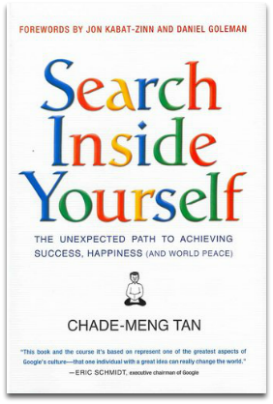
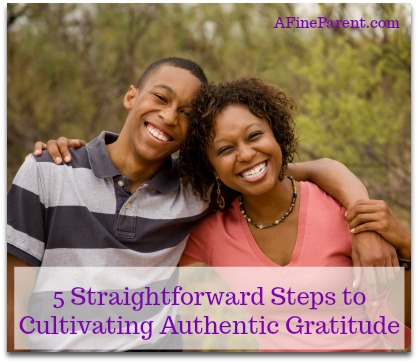 In our house, Christmas is a work in progress, as far as gratitude goes.
In our house, Christmas is a work in progress, as far as gratitude goes.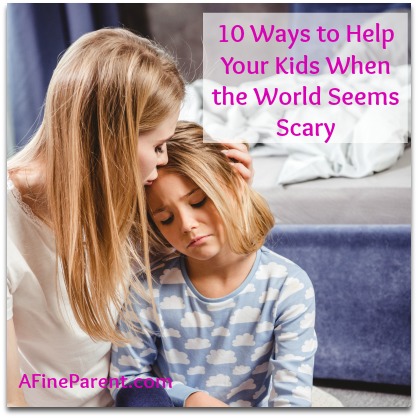 It was a normal evening, full of dinner making and homework and activity. My youngest sat at the table doing a math worksheet, my oldest was practicing her flute, and my son was shooting hoops. I stood at the stove, chopping an onion for the sauce. Normal.
It was a normal evening, full of dinner making and homework and activity. My youngest sat at the table doing a math worksheet, my oldest was practicing her flute, and my son was shooting hoops. I stood at the stove, chopping an onion for the sauce. Normal.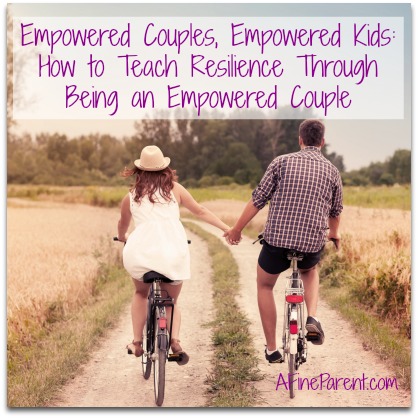 There is an old saying that we are programmed and hardwired in our first decade of life from our MFPT; mothers, fathers, preachers, and teachers. These relationships, and the health of them, have a profound impact on how we define what a healthy relationship should look like.
There is an old saying that we are programmed and hardwired in our first decade of life from our MFPT; mothers, fathers, preachers, and teachers. These relationships, and the health of them, have a profound impact on how we define what a healthy relationship should look like.